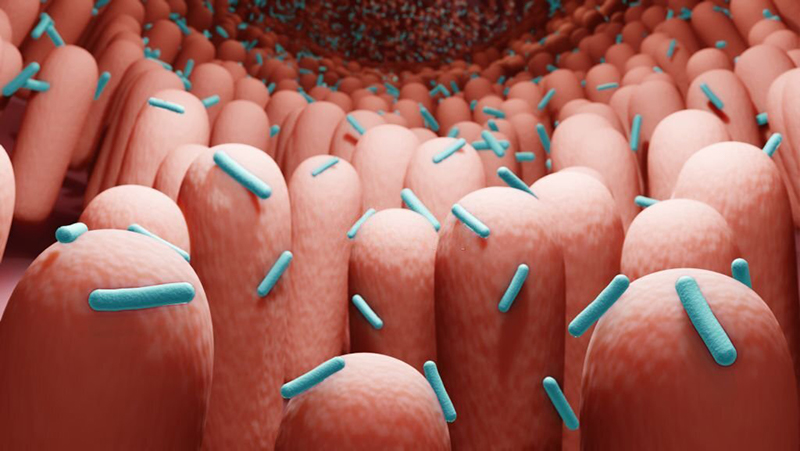“Can probiotics be used with digestive enzymes?” is a frequently asked question in our industry. They, like many others on the road to better health, use a variety of nutrient techniques to achieve their goals. Some people, for example, start with a multivitamin and then add specific nutrients to it. Many people I know have their own unique supplementation regimens; for example, I take Gut Comfort, ubiquinol, methylB12, and a vitamin D supplement. probioticseverything.comv probiotics with enzymes
Let’s look into the dynamics of Digestive enzymes and Probiotics, regardless of your food plan – can they be combined? Are they at odds with each other? What do they have in common?
The rationale for the question stems in part from the fact that digestive enzymes and probiotics are key players in the Gastrointestinal System. The Organ System is virtually the highest level of organization in the body, and the levels of sophisticated operation may be observed in the level of organization: although certain cells would be considered a low level of organization, the Organ System is nearly the highest. probioticseverything.comv probiotics with enzymes
The Gastrointestinal System is one of the 11 organ systems that make up the human body. It is unquestionably unique that probiotics and digestive enzymes act in tandem to maintain this system healthy. probioticseverything.comv probiotics with enzymes
Microbes and digestive enzymes are commonly found in some meals, and they work symbiotically in our gut. Kefir is a great example. Kefir, a fermented milk product that also contains digestive enzymes such as lipase, proteases, and lactase – the same enzymes found in a digestive enzyme dietary supplement – is the prototypical fermented food and a sibling of yogurt. probioticseverything.comv probiotics with enzymes
However, this example does not imply that enzymes and probiotics will always be best buddies. The brilliant strains that form the Probiotics cosmos are a bit fickle, as we discussed in our last Blog (Which Myth Will We Lay to Rest This Time?). Heat shock is something they despise. They like packaging with a low oxygen content. Significant testing is required to understand their stability in various situations. Let’s just say they require particular treatment. probioticseverything.comv probiotics with enzymes
As a result, prior to combining probiotics with other supplements, a great deal of thought is required. People are aware that stomach acids, in general, operate against probiotic stability. As a result, you can assume that some supplements, such as Glucosamine Hydrochloride and Betaine Hydrochloride, won’t mix well with probiotics because the hydrochloride will counteract probiotics when released in the gut. probioticseverything.comv probiotics with enzymes
Let’s take a look at this from the standpoint of a digestive enzyme. Do you take your digestive enzymes at the same time every day? They are frequently recommended to be taken with meals to aid digestion. What would your body do if you didn’t take digestive enzyme supplements? probioticseverything.comv probiotics with enzymes
In the initial step of the small intestine, the body’s pancreatic enzymes usually reach the meal. The D., J., and I. of the small intestine are the Duodenum, Jejunum, and Ileum, respectively. The duodenum is the initial phase of the small intestine and is where partially digested foods are exposed to secretions from the liver (bile) and pancreas (pancreatic fluids). probioticseverything.comv probiotics with enzymes
Pancreatic enzymes are released to break down the principal three dietary structures: proteins (trypsin and chymotrypsin), lipids (lipases), and carbohydrates (amylases). Exogenous enzymes, such as those found in supplements, will therefore be taken at the time of meal ingestion to perform their intended function. probioticseverything.comv probiotics with enzymes
On the other hand, it is commonly believed that taking a probiotic after a meal is the best time. The logic is that after a meal, the pH levels rise to around 4-5. (an indication that acidity has gone down). In between meals, the pH of the stomach is low (which means the acidity is increased). As a result, it may be best to take generic probiotics after a meal to avoid an acidic stomach.







